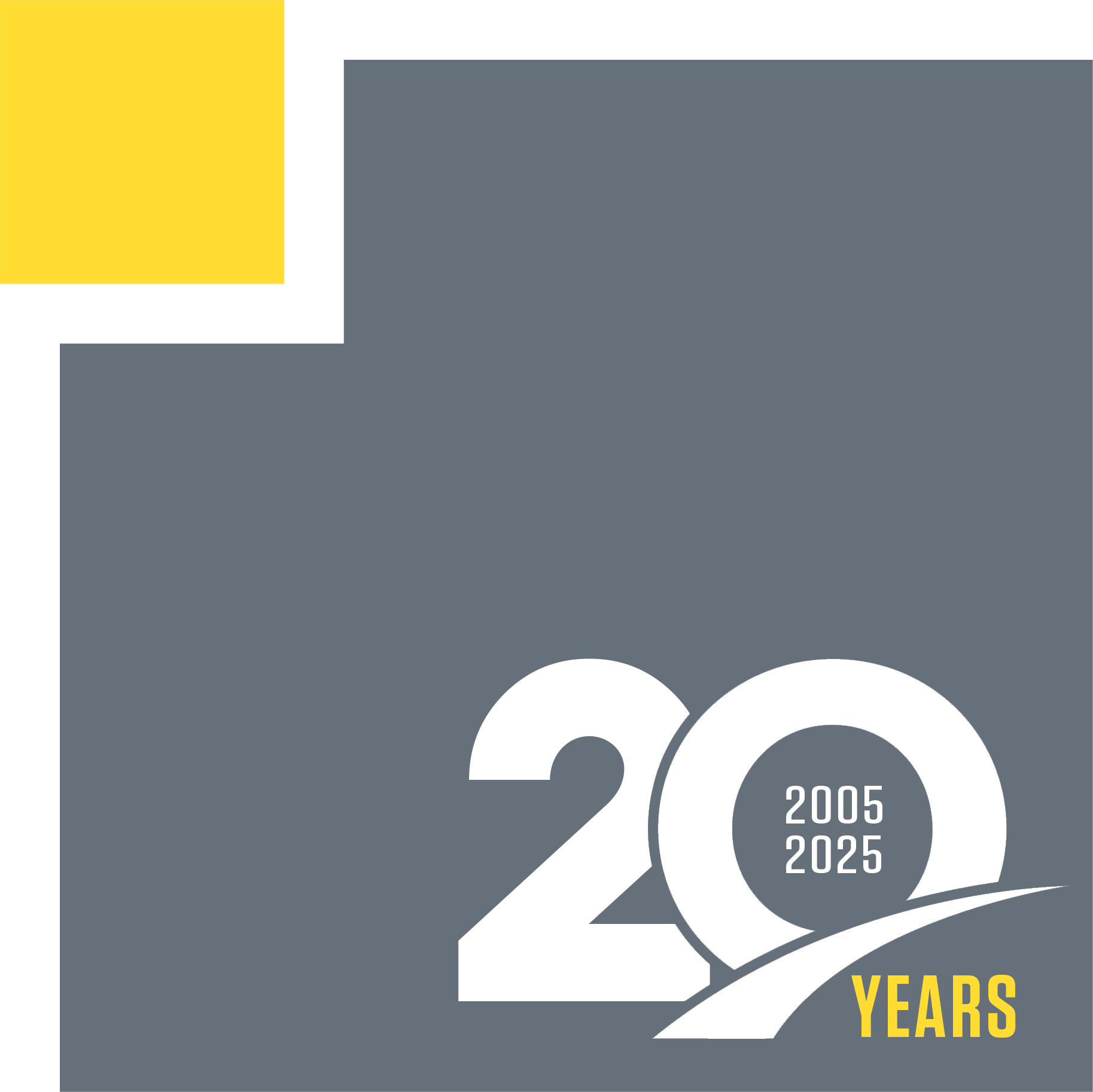Benjamin Franklin said is correctly: “It takes many good deeds to build a good reputation, and only one bad one to lose it.” If you have a big–or small business–things happen that are out of your control–or maybe they should have been in your control. Crisis happens. We always advise being proactive, but sometimes the situations require us to react. A crisis can strike at any time and usually without warning. How a company or individual responds will mean the difference between success and failure. How an entity responds will determine if a bad situation is made worse—neutralized—or perhaps even exonerated from the issue at hand. Sometimes a crisis can be a costly nuisance or sometimes it might just be the thing that puts a company out of business. There can be no discussion of communication without crisis.
Part of our role in managing a crisis is to absorb and minimize friction. If we do our jobs well, then people may not ever even know there was a situation at all. In a crisis, if there is a vacuum, then others will fill it with what they think may have happened which is exactly why not respondingis the very last resort.Our job is to fill it with the best, accurate and relevant information possible.
At dovetail solutions, one of our services is crisis communications. Just a sampling of some of the many different crisis situations we’ve handled:
- A Denver-based IT management company affiliated with a high profile, controversial national political story during the U.S. presidential campaign where the company was contracted to manage and secure a private e-mail server, and was forced onto the national media stage as a result
- Stopping a state department contract from selling certain desert vehicles from an inside actor
- A senior living apartment complex fire displacing residents
- A successful investor falsely accused of running a ponzi scheme
- A home explosion because of an abandoned underground pipe running from a nearby Anadarko Petroleum well to the foundation of the home had not been capped
- An architecture/construction company discovered that several buildings designed did not meet code leading to an investigation by the Colorado Department of Regulatory Agencies
- A racism incident caught on video at a major bargain hotel chain and how the video, if released, could impact the brand based upon other similar scenarios we have tracked over the years
A crisis can be handled the right way, which is fairly, immediately and decisively. Or companies can try to sweep them under the rug at their peril. An article in Business Insidersays, “Most importantly, companies that make mistakes must sincerely accept responsibility for their actions–not distance themselves from them.” Howard Shultz, the outgoingCEO of Starbucks learned this lesson the hard way when he said, “The most important lesson we learned throughout our entire crisis came down to one thing: We should have acted sooner, and swiftly.”
Harvard Business Review, February 2007, said, “Most companies, however, do an inadequate job of managing their reputations in general and the risks to their reputations in particular. They tend to focus their energies on handling the threats to their reputations that have already surfaced. This is not risk management; it is crisis management—a reactive approach whose purpose is to limit the damage.”
Our counsel is to get in front of a crisis. Meet it head on with honesty and transparency. Consumers will forgive, but not if you lie to them. Doing so may be painful at first, but the reckoning will be far less damaging in the end. This is why some people survive a crisis and others do not.
